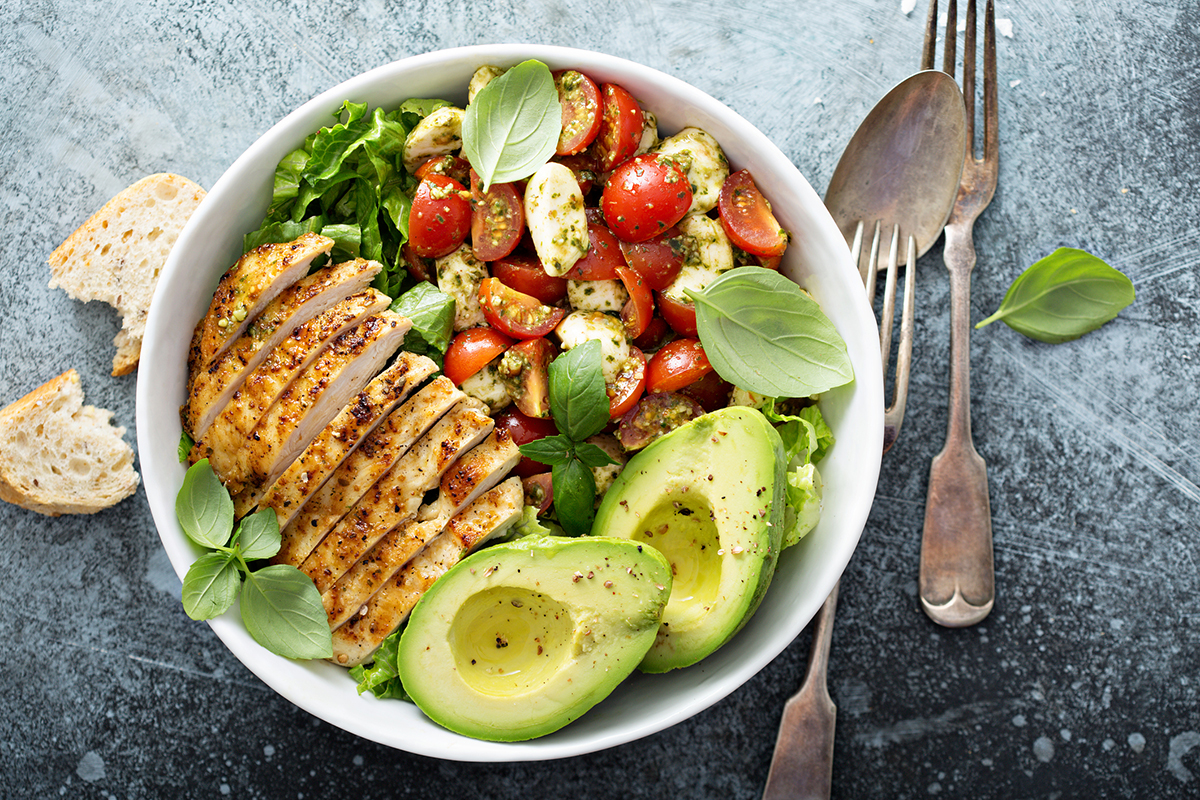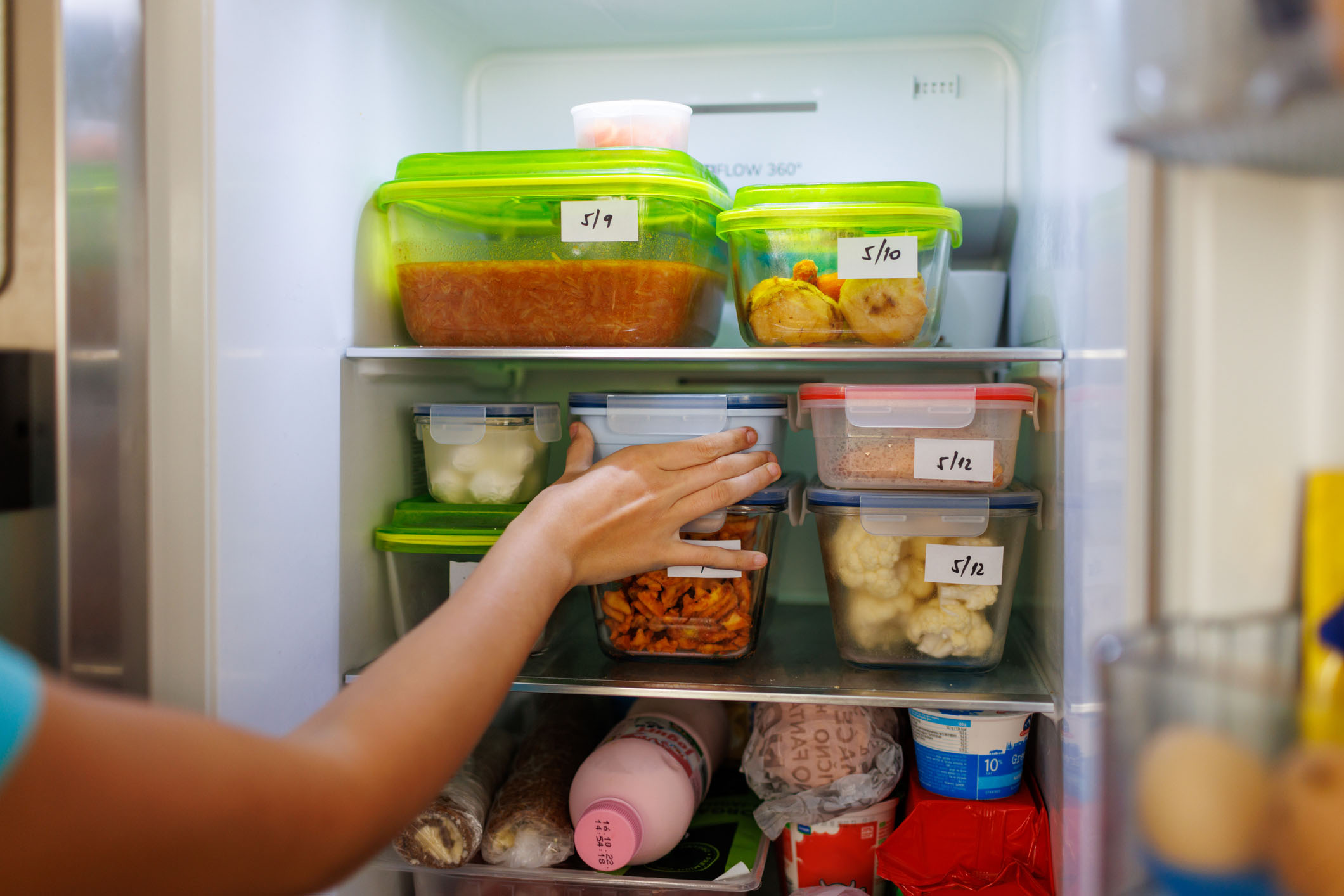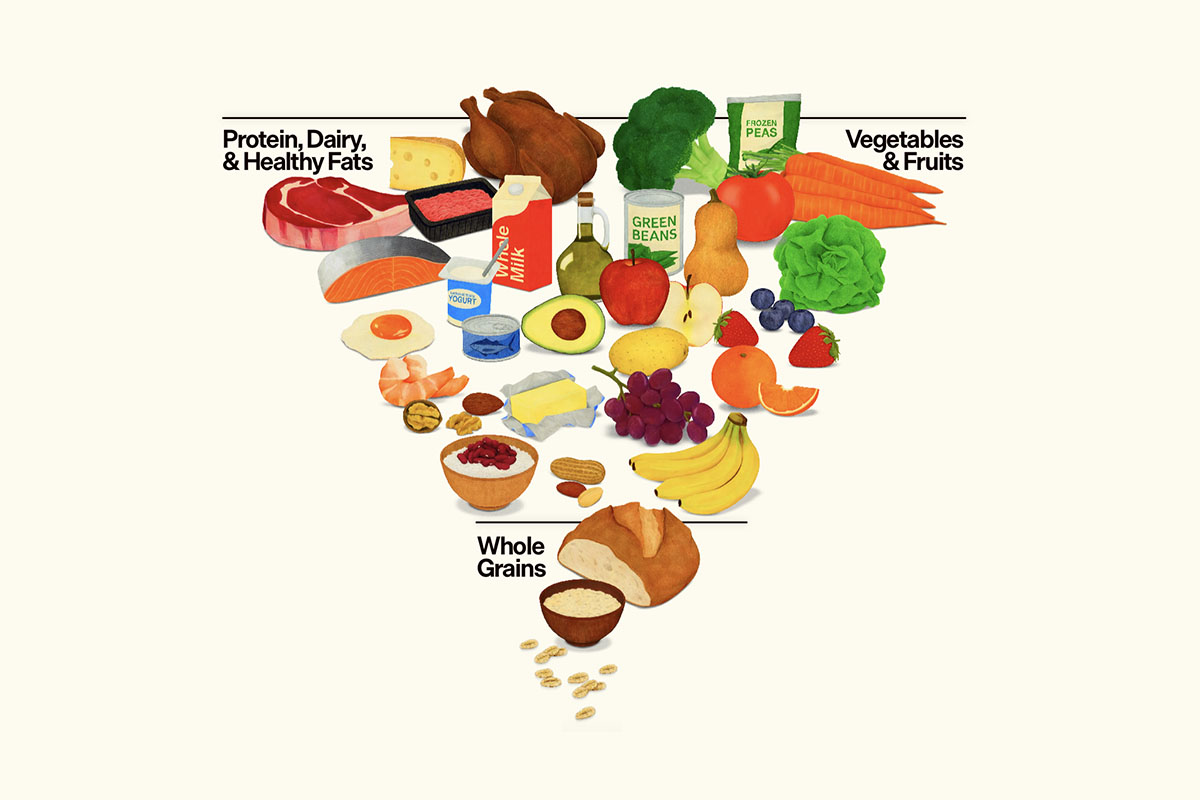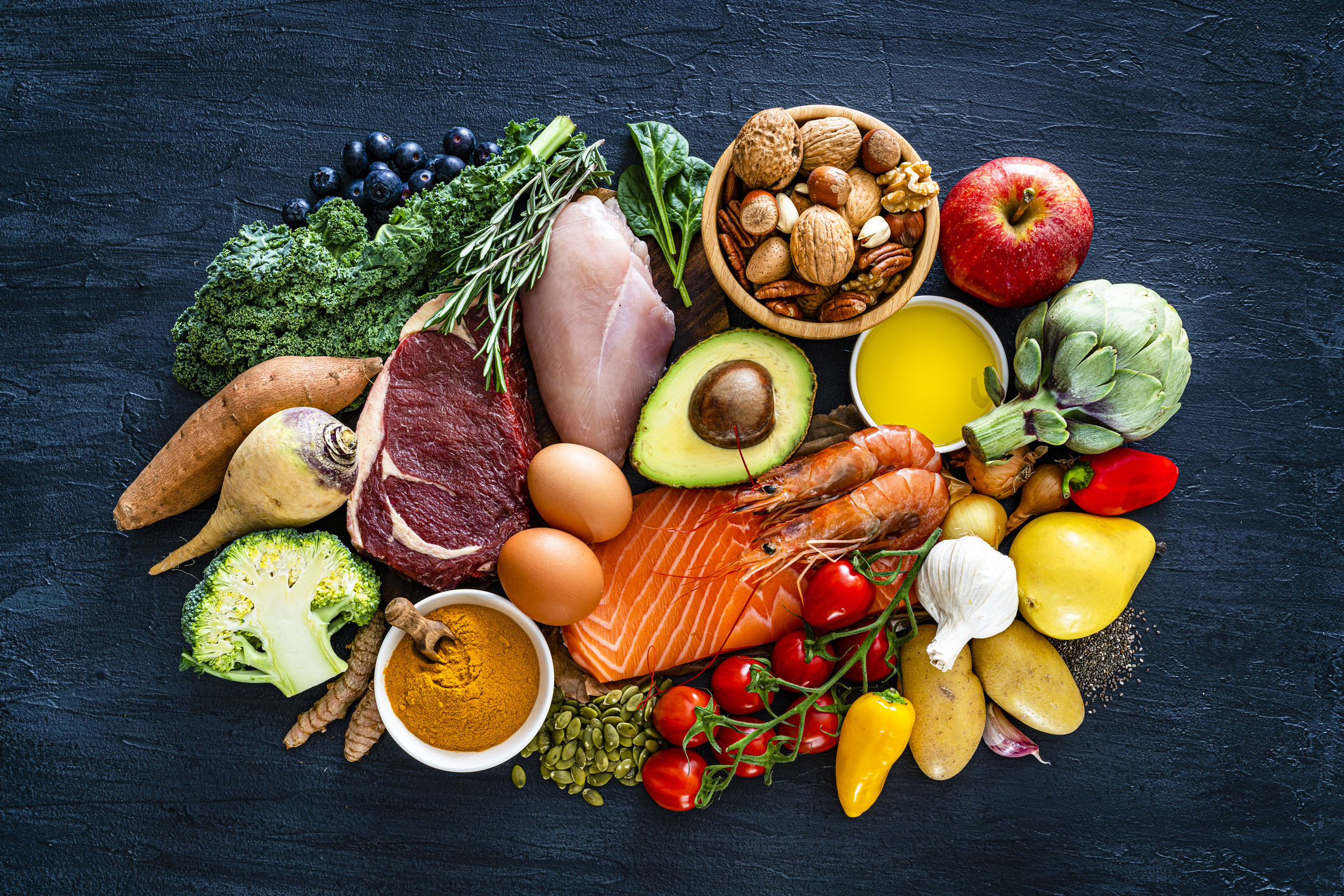Q: I’ve heard about studies that indicate eating your foods in a certain order can impact blood sugar. For example, vegetables first, then fats/proteins, and then starchy carbs to avoid glucose spikes. I’ve also read that drinking a glass of water in which a teaspoon of apple cider vinegar has been added helps reduce the rise of glucose from eating sugar/carbs, due to the acetic acid in the vinegar.
Can you weigh in on this? I’d appreciate your comments before I give these methods a try.
A: Eating in this fashion may be a good strategy for those with blood sugar abnormalities. I like to call it tactical eating. The fiber in vegetables helps to tame the rise in blood sugar after a meal, as does the protein and fat in the main course (i.e., a steak, chicken, fish, lamb or pork chop, burger, etc.).
The addition of fiber, fat and protein to carbohydrates lowers the glycemic load of the meal, thereby preventing undesirable spikes in glucose levels. For example, eating a plain baked potato can cause a higher spike in glucose than that same baked potato with a knob of butter and sour cream dolloped onto it. The real objective is to never eat carbohydrates alone. If you’re going to eat a lot of starchy carbohydrates, this is a definitive strategy. And the best time to eat fruit is after the main meal—as a dessert.
There is also some evidence that vinegar can help blunt the glycemic impact of a higher carb meal. This works particularly well when salad is the starter course. You get both the benefit of the fiber in those vegetables and the added vinegar in the salad dressing. It also helps to curb hunger. Here’s more on the benefits of apple cider vinegar.
To your health!
Leyla Muedin, MS, RD, CDN








